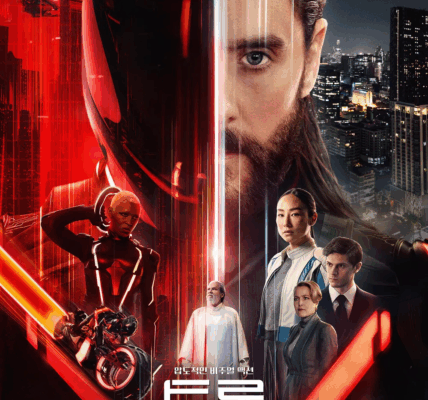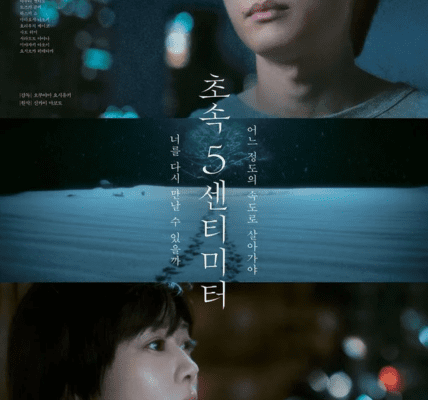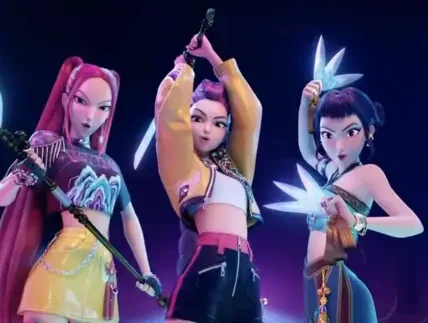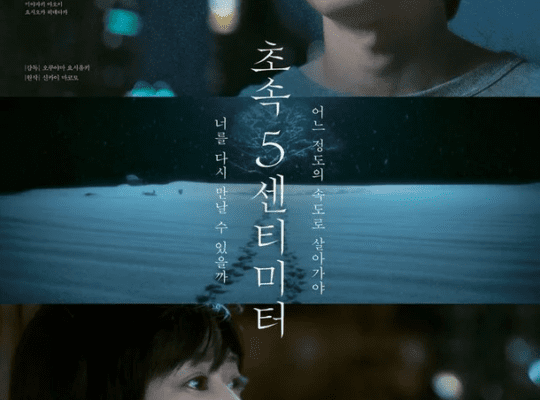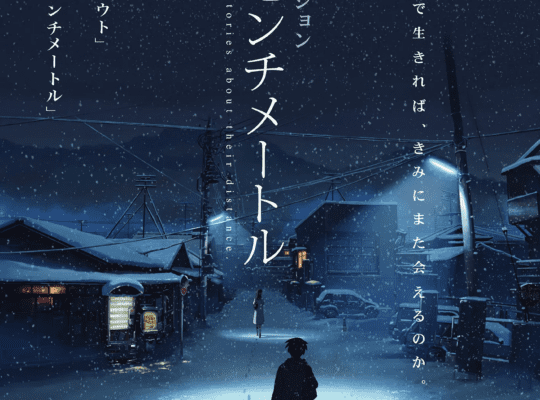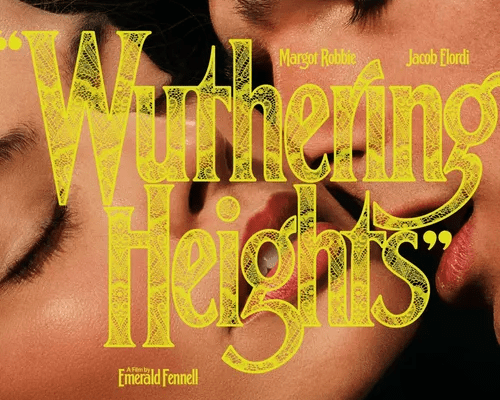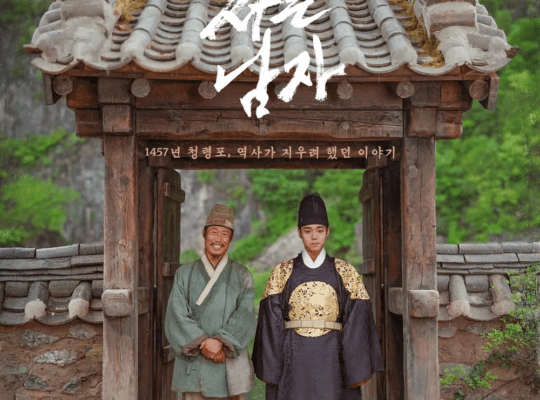At the End of a Fading Season, Finally Facing a Summer of Freedom / ‘First Summer’ by Director Huh Ka-Young, Winner of Cannes La Cinef Student Film Award
Today, I had the chance to watch “First Summer,” the first Korean film ever to receive the La Cinef Student Film Award at Cannes.
By chance, I learned it was screening and got to experience watching a short film in a theater for the very first time.
In this post, I’d like to share my personal impressions and reflections on the film.
🎬 Film Information
The film was released on August 6, 2025.
It is currently being screened exclusively at MegaBox.
The runtime is 30 minutes, and tickets are priced at 3,000 KRW (a real bargain!).
Both the director and the screenwriter are Huh Ka-Young.
(All information is based on Korean standards.)
🍿 Review
In a single line, I’d describe it as “a short runtime, a fresh subject, and a film that offers a new perspective”—the level of immersion was remarkable. 👍
Through this work, I was introduced to actress Heo Jin, who plays the lead role. She is a true veteran, having won numerous awards in the 1970s and 1980s, and her experience really shines on screen.
What struck me most was how the film directly portrays the inner conflict and desires of a woman who appears to live an ordinary life, yet is bound by countless responsibilities. The way the film captures her realization of those struggles and her decision to act on them was, in my view, beautifully directed.
No matter one’s gender or age, I believe anyone watching this film would walk away with a renewed sense of courage toward life.
As for me, after the credits rolled, one thought kept echoing in my mind: “I need to keep exploring who I truly am and find the courage, in every moment, to live a life that is genuinely my own.”
💬 Title and the Message of the Film
I found myself wondering why the film is titled “First Summer.”
In the story, Young-soon represents one way of life for a woman in her seventies in modern times.
She has spent her life caring for her patriarchal, ailing husband and dedicating herself to her children’s happiness.
Countless years pass without her realizing how these responsibilities have confined and isolated her. Eventually, the time she has left to live becomes shorter than the time she has already lived.
I think the title “First Summer” refers to the moment when this woman, who had been adrift under so many responsibilities, encounters a season of autonomy and freedom through an unexpected opportunity.
Perhaps it’s because she felt her remaining days were limited, giving her the courage to take new actions.
Or maybe it’s because this is something she had always longed for in her heart, even if she never expressed it—a season that finally comes to fruition.
Stories like this make me reflect: “Am I truly living the life I want for myself?”
I also found myself thinking:
“How are my parents living, and what is on their minds?”
“What kind of life would I want to live at that age?”
In an interview, the director mentioned that her time spent with her grandmother during adolescence became the foundation for this film.
The director spent about six months living at her grandmother’s house.
Her grandmother was a very unique woman.
She never asked about her granddaughter or prepared meals, but would spend time in front of the mirror, adorning herself, and then suddenly leave the house.
Every night, she would use a face mask before going to bed—but she never shared it with me even once.
I often wondered to myself, “Who is this person, really? Why doesn’t she love me?”When the director was in college, she had an assignment in a class on elder welfare that required her to interview an elderly person close to her.
It was then that she visited her grandmother after a long time and greeted her:
“Grandma, how have you been lately?”
“I actually have a boyfriend, but he hasn’t contacted me, so I take sleeping pills.”
From that moment on, she spent six hours asking and listening, learning what kind of woman her grandmother was and how she had loved and lived her life.On the way home, the feelings from that conversation were unforgettable.
The image of someone she had always thought of as just an old, sick, and weak woman—struggling to protect her own life and still wanting to be loved—was profoundly beautiful.
It was the moment when all her preconceived notions about the elderly completely shattered.
Since then, she has always paid close attention to older people.
Two years ago, when her grandmother passed away, the director attended the 49th-day memorial service at a temple.
She listened to monks chanting sutras and playing music, and she kept imagining her grandmother dancing to it.
She resolved that she wanted to capture, on film, the image of her grandmother dancing more freely than anyone else she had ever seen.
After reading this interview, I was deeply impressed by Huh Ka-Young’s vision and the way she turned her ideas into action.
It made me realize that, one day, I too want to create a film that tells the story I feel compelled to share.
And that’s why I live each day with purpose, working toward making it happen!
🎞️ Memorable Scenes

“What kind of woman am I?”
One of the most striking moments is Young-soon’s inner monologue, where she questions herself in order to claim her own desires and freedom.


The film features beautifully composed double-frame shots and a variety of camera angles, keeping the visuals engaging without ever feeling monotonous.
I couldn’t tell if it was intentional, but in the opening scenes, the camera subtly shakes at times, which felt like a reflection of Young-soon’s turbulent, hidden emotions.
Close-up shots are used extensively to reveal the character’s inner conflicts and feelings, which really stood out.
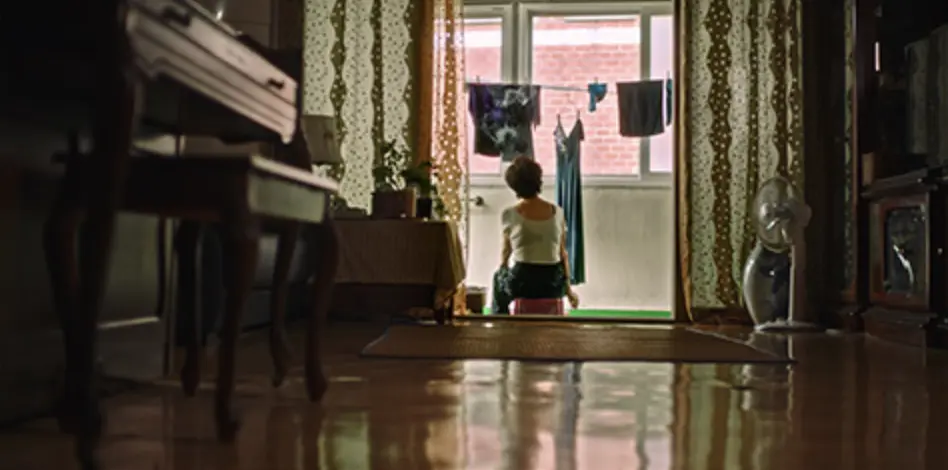
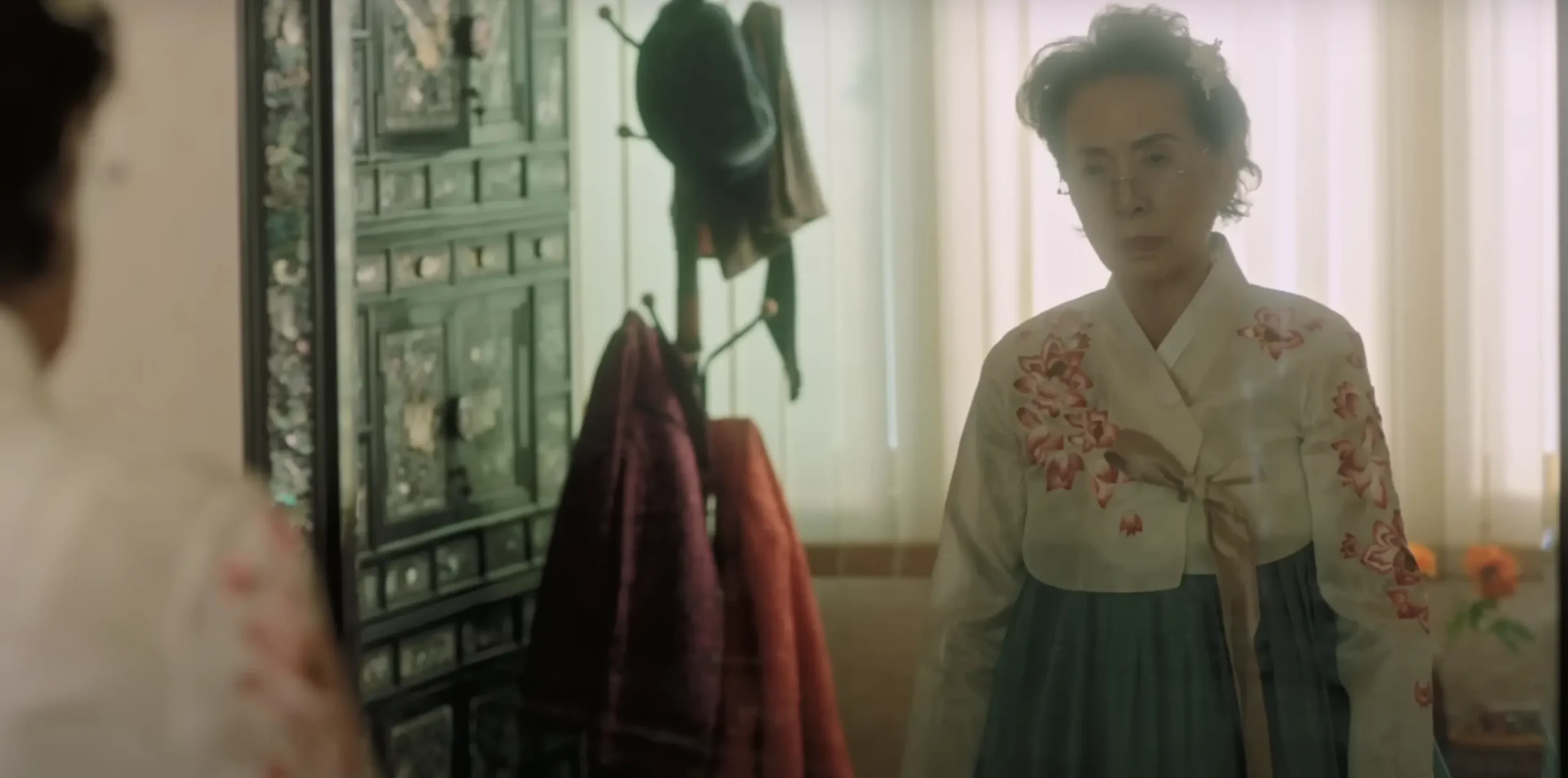
There are also moments where the acting captures Young-soon facing herself honestly and expressing her emotions with remarkable simplicity and authenticity.

Her dance scenes appear multiple times, and across different times of day, they seemed to represent stages of her inner life:
relieving boredom → escaping reality → experiencing pure joy and freedom.
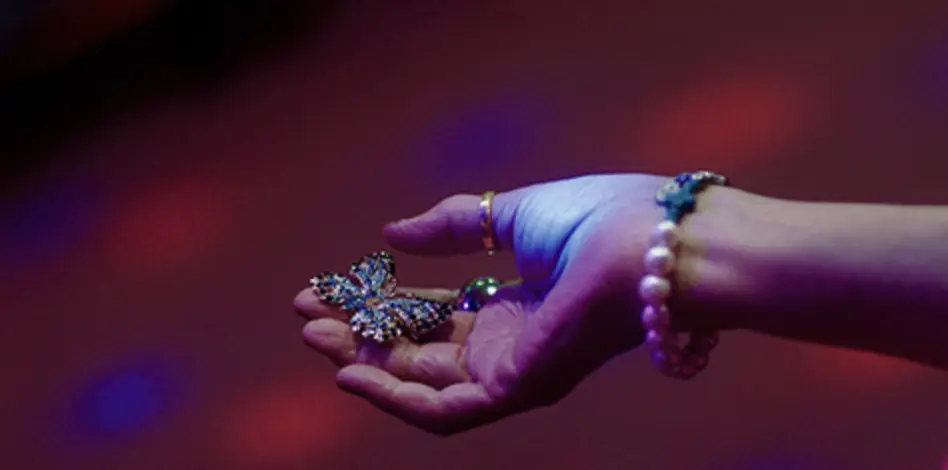

Even the use of props conveys subtle messages 👍
For instance, the item said to be given by her partner, Hak-su, suggests there are personal backstories not explicitly shown in the film.
On the surface, it could symbolize both death and freedom.
Additionally, the realistic portrayal of Young-soon caring for her physically limited husband was unforgettable, adding depth and authenticity to her character.
And with that, my review of “First Summer” comes to an end.
I believe that anyone who watches this film will have the chance to explore perspectives and thoughts they might not normally consider.
I highly recommend taking a little time to experience it yourself!
+After watching the film, I even received this poster.
The finishing touches are excellent, and I really love the colors 😁

